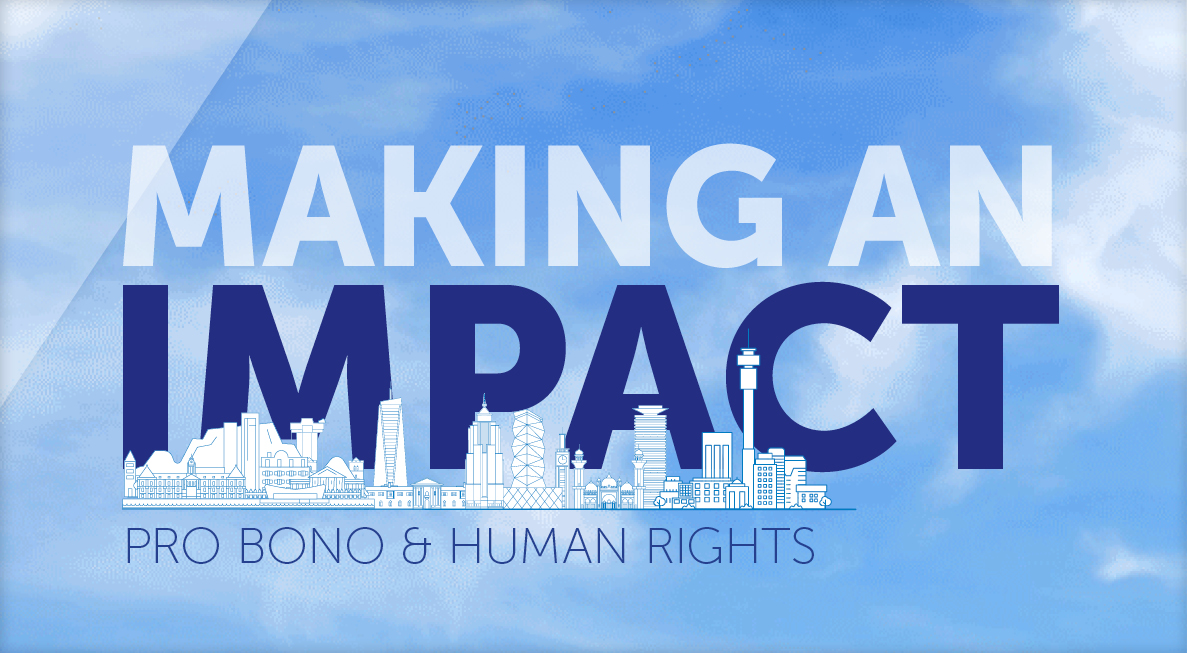Kenya amends immigration rules, broadens eTA exemptions for African and other nationals
At a glance
- On 30 May 2025, the Cabinet Secretary for Interior and National Administration issued Legal Notice No. 93, which introduced key amendments to the Kenya Citizenship and Immigration Regulations.
- The amendments introduce Regulation 15G and a new Seventeenth Schedule, effectively exempting all African nationals (except those from Somalia and Libya), as well as certain Caribbean countries, from the requirement to obtain an electronic travel authorisation (eTA) before travelling to Kenya.
- These exemptions will significantly ease travel for business, tourism and family visits to Kenya from across the continent.
Practical implications for travellers to Kenya
The introduction of the Seventeenth Schedule brings significant changes to Kenya’s eTA requirements.
East African Community partner states
Citizens of East African Community member states remain exempt from the eTA and may stay in Kenya for up to 180 days.
Other African countries (90-day stay)
Nationals of the following countries are now exempt from the eTA for stays not exceeding 90 days: Botswana, Union of Comoros, Republic of Congo (Brazzaville), Eritrea, Eswatini, Ethiopia, Gambia, Ghana, Lesotho, Malawi, Mauritius, Mozambique, Namibia, Seychelles, Sierra Leone, South Africa, Zambia and Zimbabwe.
Other African countries (60-day stay)
Nationals of these countries are exempt from the eTA for stays not exceeding 60 days: Algeria, Angola, Benin, Burkina Faso, Cape Verde, Cameroon, Central African Republic, Chad, Côte d’Ivoire, Djibouti, Egypt, Equatorial Guinea, Gabon, Guinea, Guinea-Bissau, Liberia, Madagascar, Mali, Mauritania, Morocco, Niger, Nigeria, São Tomé and Príncipe, Senegal, Sudan, Togo and Tunisia.
Select non-African countries (90-day stay)
Nationals from the following Caribbean and Pacific nations are also exempt from the eTA for up to 90 days: Bahamas, Barbados, Belize, Brunei, Cyprus, Dominica, Fiji, Grenada, Guyana, Jamaica, Kiribati, Malaysia, Maldives, Nauru, Papua New Guinea, Samoa, San Marino, Singapore, Solomon Islands, St. Kitts and Nevis, St. Lucia, St. Vincent and the Grenadines, Tonga, Trinidad and Tobago, Tuvalu and Vanuatu.
Transit passengers and crew members are exempt
Transit passengers who remain within the airport during layovers are exempt from the eTA.
Crew members of ships, aircraft, trains, or vehicles en route to destinations outside Kenya are also exempt, provided they are listed on the official crew manifest.
Holders of permits and passes are exempt
The following individuals remain exempt from the eTA requirement:
- Holders of Kenya permanent residence permits
- Holders of valid work permits and passes
- Holders of valid Kenya re-entry passes
- Holders of laissez-passers from prescribed international and regional organisations
- Holders of diplomatic, official, and service passports from prescribed countries
Conclusion
These exemptions fulfil the commitment to remove visa requirements for citizens from the listed countries, which will significantly ease travel for business, tourism and family visits to Kenya from across the continent. The amendments also mean that travellers from exempted countries can now enter Kenya without applying for an eTA, which simplifies their travel logistics.
The information and material published on this website is provided for general purposes only and does not constitute legal advice. We make every effort to ensure that the content is updated regularly and to offer the most current and accurate information. Please consult one of our lawyers on any specific legal problem or matter. We accept no responsibility for any loss or damage, whether direct or consequential, which may arise from reliance on the information contained in these pages. Please refer to our full terms and conditions. Copyright © 2026 Cliffe Dekker Hofmeyr. All rights reserved. For permission to reproduce an article or publication, please contact us cliffedekkerhofmeyr@cdhlegal.com.
Subscribe
We support our clients’ strategic and operational needs by offering innovative, integrated and high quality thought leadership. To stay up to date on the latest legal developments that may potentially impact your business, subscribe to our alerts, seminar and webinar invitations.
Subscribe



